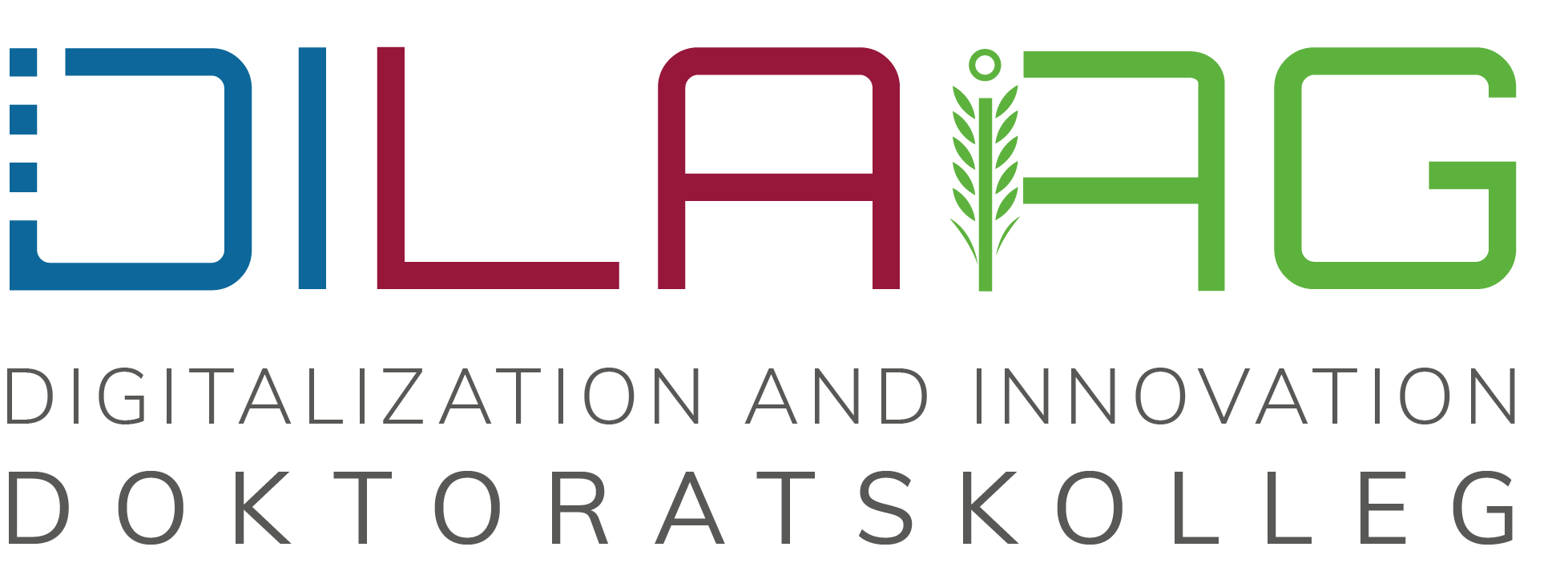PhD Project
Sustainability assessment with LCA
Increasing the efficiency of agricultural production processes while at the same time reducing negative environmental impacts is required at both global and local levels. High expectations are placed on digitalization and automation in the agricultural sector in this respect, without sufficient experience and results being available for objective evaluation. At the same time, however, the automatic data acquisition associated with digitalization could help to quantify and evaluate any positive process changes. Furthermore, these data could be processed automatically to achieve a continuous sustainability assessment of technologies and processes.
A comprehensive Life Cycle Assessment (LCA) should illustrate the possible effects of digitalization in the agricultural sector using several practical examples and thus primary data from process chains. These will be optimized using the advantages of digitalization and compared with established methods in order to assess strengths and weaknesses for selected impact categories such as CC, biodiversity, eutrophication or acidification. In addition to the evaluation of environmental aspects, first steps will be taken to combine the environmental balance with economic aspects (Life Cycle Costing, LCC) and Social Life Cycle Assessment (SLCA).
The process chains to be investigated will focus on the topics “Automated steering systems for tractors”, “Agri-Photovoltaics” and “Sensor-supported monitoring in animal husbandry”. The results can thus be used to optimize agricultural production processes, with special regard to climate change, but also other impacts, to inform interest groups and to advise producers.
Opportunities and risks of digitalization and automation of agricultural production processes can be analyzed on the basis of reliable data and evaluated with regard to several environmental indicators. The methodological extension by LCC and SLCA will help to address further demands according to the GSDR 2019.
Publications:
- Medel-Jiménez, F., Gronauer, A., Barta, N., Krexner, T., Neugschwandtner, R., Kral, I., 2022. Partial budgeting for acquiring and operating a ground-based optical crop sensor for variable rate nitrogen application. Die Bodenkultur: Journal of Land Management, Food and Environment, pp. 123-132. https://doi.org/10.2478/boku-2021-0013
- Holzinger, A., Saranti, A., Angerschmid, A., Retzlaff, C.O., Gronauer, A., Pejakovic, V., Medel-Jimenez, F., Krexner, T., Gollob, C., Stampfer, K. Digital Transformation in Smart Farm and Forest Operations Needs Human-Centered AI: Challenges and Future Directions. Sensors. https://doi.org/10.3390/s22083043
-
Medel-Jiménez, F., Piringer, G., Gronauer, A., Barta, N., Neugschwandtner, R.W., Krexner, T., Kral, I., 2022. Modelling soil emissions and precision agriculture in fertilization life cycle assessment – A case study of wheat production in Austria. Journal of cleaner production 380(ISSN: 0959-6526)
-
Kayad, A., Sozzi, M., Paraforos, D.S., Rodrigues, F.A., Cohen, Y., Fountas, S., Francisco, M.-J., Pezzuolo, A., Grigolato, S., Marinello, F., 2022. How many gigabytes per hectare are available in the digital agriculture era? A digitization footprint estimation. Computers and electronics in agriculture 198
